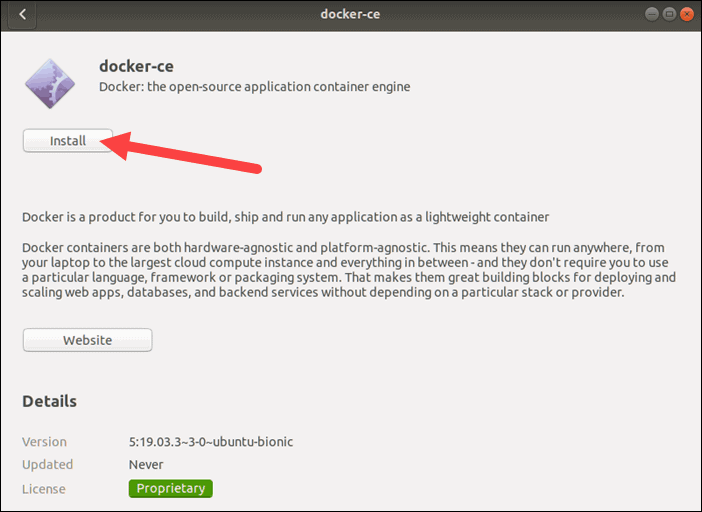

I was doing this work in a VM and didn't have that concern, but this post has been updated to reflect being a bit more careful. However, a commenter pointed out that apt will sometimes suggest that you uninstall your entire desktop environment. If you want install without having to answer 'y' to all of the questions, you can add the y modifier as I originally included: sudo apt-get -fy install. Try 'apt-get -f install' with no packages (or specify a solution). I found it interesting that if you leave off the -f when you run sudo apt-get install, it will list your package as not being configured due to an unresolved dependency as well as helpfully suggesting: Unmet dependencies.

On the system I was on, there was no need to run dpkg again (Ubuntu lucid 10.04). This will install the dependencies (assuming they're available in the repos your system knows about) AND the package you were originally requesting to install ('f' is the 'fix' option and 'y' is the 'assume yes to prompts' or 'don't ask me if it's ok, just install it already' option - very useful for scripted silent installs). It was introduced in Ubuntu 14.04 and combines the most commonly used commands from apt-get and apt-cache. If this fails with a message about the package depending on something that isn't installed, you can probably fix it if you run Installing deb files with apt apt is a command-line utility for installing, updating, removing, and otherwise managing deb packages on Ubuntu, Debian, and related Linux distributions. I just solved this, so here's what I did: Sirex has it more or less correct, but his answer isn't clear.


 0 kommentar(er)
0 kommentar(er)
